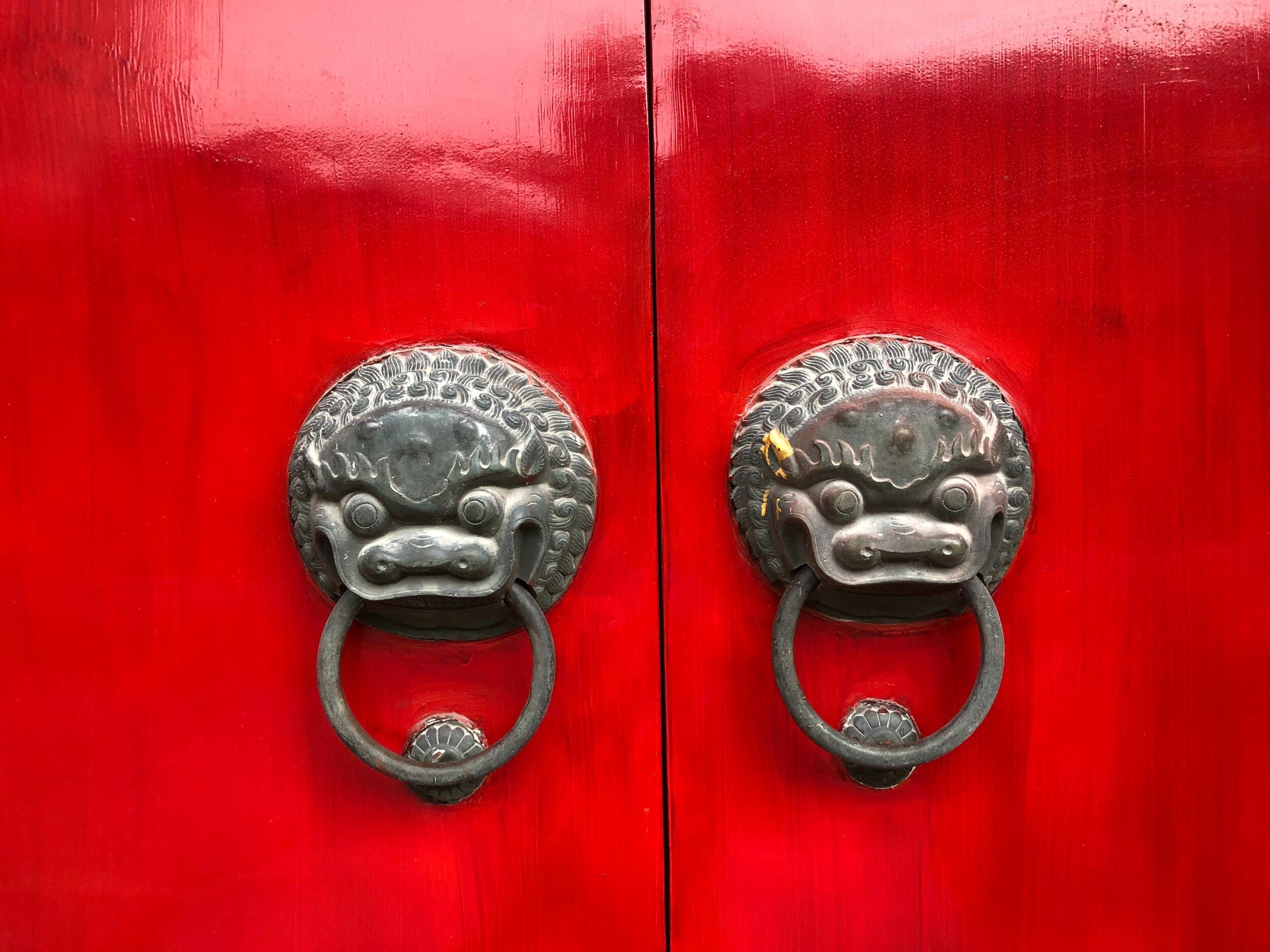The Role Of The Chinese Government In The Economy
/The Chinese Government and The Chinese Economy
First Published Date : November 4, 2010 ADawnJournal.com
The Chinese economy has grown immensely in the past few years, and a big part of that is because of the government and the changes it has made in the economic structure of the country.
In 1949, the country became a socialist country, which means that the government has been responsible for planning and managing the national economy. In the 1950s, the government monopolized foreign trade and became the owner of all the domestic enterprises. The government set the price for all commodities and controlled distribution of investment funds, output targets and more. This caused the economy of China to be stagnant and slow and it was not until 1978 when economic reforms were put in place.
Since then, the government’s role in the economy has fallen greatly, while the role of private enterprise has grown. That being said, the government still maintains an active role in the urban economy and has policies in place with agriculture procurement. The government’s management of the economy is involved through a top-down chain of command with hundreds of ministries, commissions, administrations, bureaus, academies and corporations.
Economic policies established by the National People’s Congress and the State Council and moved on to the economic organizations that work under the State Council. The State Council then implements the plans into various sectors of the economy. Direct control of the economy by the government is done through designating physical output quotas and supply allocations, while indirect control is done through affecting market incentives.
Over the past 30 years, companies within China have begun to gain more and more independence from the government in a range of activities. Large-scale construction, as well as important industries and services are still managed heavily by the government through direct management, but the rest of the economy has gained a great deal of independence. That being said, one-third of the GDP of the country is still generated through government-controlled industries.
The government these days does not heavily control consumer spending and the market forces of income levels and the cost of goods and services determine spending. Before 1978, goods and services were rationed when they were in short supply, meaning the government had more control over what people bought.
The Ministry of Commerce, customs and the Bank of China and the Chinese banking system’s foreign exchange division, which controls access to foreign currency that is required to do imports, currently manage foreign trade. Although even the restrictions on foreign trade are beginning to fall greatly as government restrictions lessen.
China has the fastest growing economy on the planet and it is expected to be the strongest and largest economy in the world by the mid-part of the 21st century. It is a growing force and it all began in 1978 when the government made the decision to lessen the restrictions in place and bring in more free enterprise into a socialist country, a model many other countries are now looking at.









